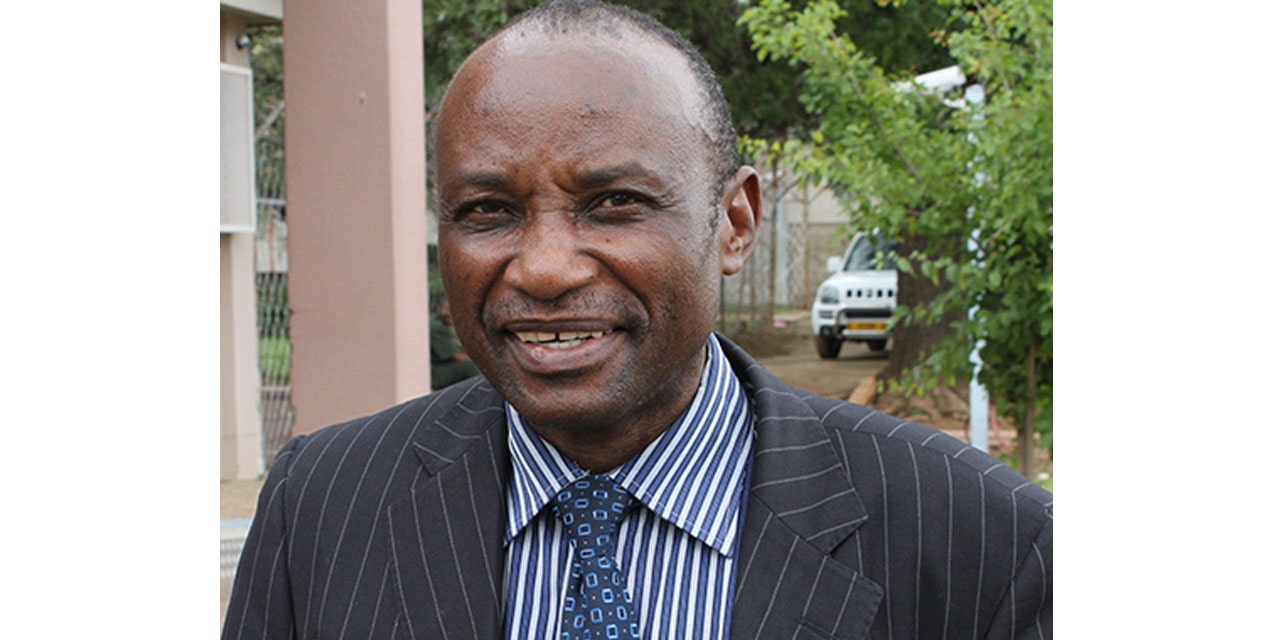Stefanus Nashama
Well known Namibian Human Rights activist and founder of Namibia Rights and Responsibility, Phil Ya Nangoloh has taken issue with the violation of the right to protest and the Namibian Constitution, in light of the recent arrest of activists in relation to a protest against unemployment.
“Our human rights without any human responsibility equates to zero,” he said.
Ya Nangolo made the statement after the failed attempt by the youth to protest unemployment on Independence Day.
“The Independence we have all fought for so heroically and have shed our precious blood and received on March 21 1990, created a whole new set of rules, procedures, norms, and standards about how and why,” Ya Nangolo said.
He said most of the values are written and are found in the preamble to the Namibian Constitution, Chapter 3 as well as Article 1(1) of the venerated document.
“The Namibian Constitution is the Supreme Law of Namibia and everyone in Namibia must obey it. No one is above the Namibian Constitution,” Ya Nangolo stated.
He added that Chapter 3, in general, and in particular, Articles 17 and 21(1) (d) of the Namibian Constitution requires what people should do and how to behave in Namibia both publicly and privately, including political activities.
“Political activity does not only include the forming of new or joining existing political parties but also includes to the right to protest or demonstrate against widespread unemployment or poverty in Namibia even on Independence Day,” Ya Nangolo said.
He said that the Namibian Constitution also stipulates that citizens must, however, only protest or demonstrate peacefully.
“Peacefully means without violence, without war and without disturbance. Without violence includes without inciting violence or without causing any trouble whatsoever. It means that while to protest is our human right, to protest is people’s human responsibility,” he emphasized.
He stressed that there is no such thing as human rights without human responsibility in Namibia. It follows, he said that mathematically it also means that human rights are directly proportional to their responsibilities.
“Alternatively put, this also means that the more responsibilities we have, the more rights we also have. This also means that our rights without our responsibilities are zero,” Ya Nangolo said.
The Constitution also guarantees the right to hold public gatherings or protest marches. However, it also requires citizens to hold such gatherings or marches peaceably or peacefully and without weapons.
He said in most cases in the Namibian Constitution people’s responsibilities are written as: “As is necessary in a democratic society” or “as are necessary in a democratic society in the interest or for reasons of moral, the public order or national security or for the protection of the rights or freedoms of others” and so on.
Ya Nangolo further said the Namibian Constitution also gives the Namibian Police Force the powers, duties and functions to maintain law and or order and the rule of law as well as to prevent crime and violence (before they occur or before they run out of hand) as well as to save or preserve or secure internal security in Namibia.
These police powers and responsibilities include the use of proportional force, where and when necessary, to prevent violence or any other public disorder or disturbance, he added.
Ya Nangolo said that it means those Namibians or residents of Namibia who engage in violent political activity shall be arrested and detained by members of the Namibian Police Force.
“This is precisely why NEFF Commissar Michael Amushelelo and estranged AR activist Dimbulukweni Nauyoma are so often arrested and detained by members of the Namibian Police Force,” he said.
He added that Articles 5, 18 and 25(2) of the Namibian Constitution entitle everyone in Namibia to protect and uphold the fundamental rights and freedoms contained in Chapter 3 of the Constitution.
This includes the responsibility of each and every one to challenge violations of human rights and freedoms in courts of law in the country.
Ya Nangolo added that this is the case because Chapter 3 of the Namibian Constitution is a public guideline and an attack on the chapter is an attack against everyone in Namibia.
“Allow me, once again, to make it, categorically clear that NamRights does not protect or uphold violence in any form or fashion, save when and or where such violence is lawful and is used as a last resort under international law to fight and bring about the right to self-determination for colonized or oppressed people,” he said.




